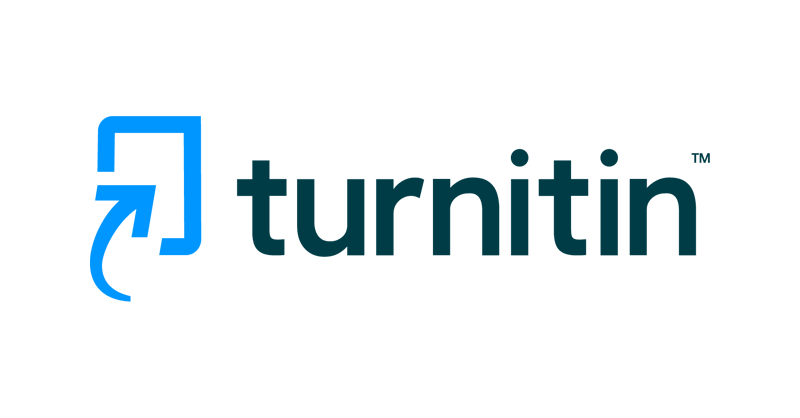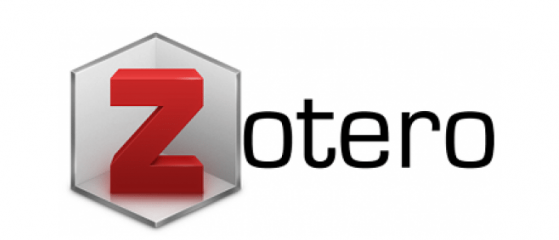| MAIN MENU |
| Focus and Scope |
| Peer Review Process |
| Publication Ethics |
| Indexing Journal |
| Article Processing Charge |
| Contact Us |
| INFORMATION |
| Editorial Team |
| Reviewers |
| Copyright and License |
| Open Access Policy |
| Archiving Policy |
| Plagiarism Policy |
| Author Guidelines |
| History |
| MOU WITH PIJAR |
| MoU with PIJAR |
| JOURNAL TEMPLATE |
| RECOMMENDATION TOOLS |
| VISITOR |
Publication Ethics
Our publication ethics framework is designed to ensure the credibility and reliability of the research we publish while safeguarding the rights and responsibilities of authors, reviewers, editors, and readers. The following principles guide our editorial process:
1. Authors Ethics
- Authors must ensure that their submissions are original works and appropriately acknowledge the contributions of others. All authors listed in a manuscript should have contributed substantially to the research and agreed to its submission for publication.
- Plagiarism in any form is unacceptable. Authors should properly cite and attribute the sources of all ideas, data, and words used in their manuscript that are not their own. Any suspicion of plagiarism will be investigated thoroughly, and appropriate actions will be taken.
- Authors should present accurate and complete data and provide sufficient detail to allow others to reproduce the study. Fabrication, falsification, or selective data reporting is unethical and will not be tolerated.
- Authors should disclose any potential conflicts of interest that could influence the interpretation or perception of their research findings. This includes financial conflicts, affiliations, or personal relationships that may affect objectivity.
2. Peer Review Process
PIJAR employs a double-blind peer review process to ensure the impartial evaluation of submitted manuscripts. Reviewers are selected based on their expertise and are expected to provide constructive feedback to authors. Reviewers must maintain confidentiality and disclose any conflicts of interest.
3. Editorial Independence
Editors make decisions based on the manuscript's merit, regardless of author identity, affiliation, or reputation. Editors should recuse themselves from handling manuscripts with a conflict of interest, and decisions should not be influenced by commercial considerations.
4. Ethical Treatment of Subjects
Research involving human subjects or animals must comply with ethical standards and regulatory requirements. Authors should provide evidence of ethical approval for studies involving human participants and describe procedures to minimize harm and ensure informed consent.
5. Corrections and Retractions
Authors must promptly correct the record if errors or inaccuracies are identified in published works. In cases of serious ethical misconduct or irreproducibility, retractions may be necessary to maintain the integrity of the scholarly record.
6. Transparency and Open Access
PIJAR is committed to transparency in its editorial processes and supports open access to research whenever possible. Authors should provide access to data and materials to enable others to verify and build upon their findings.
By adhering to these principles, Publication of the International Journal of Academic Research (PIJAR) aims to promote a culture of ethical conduct and scholarly integrity and contribute to advancing knowledge in diverse fields of study.








